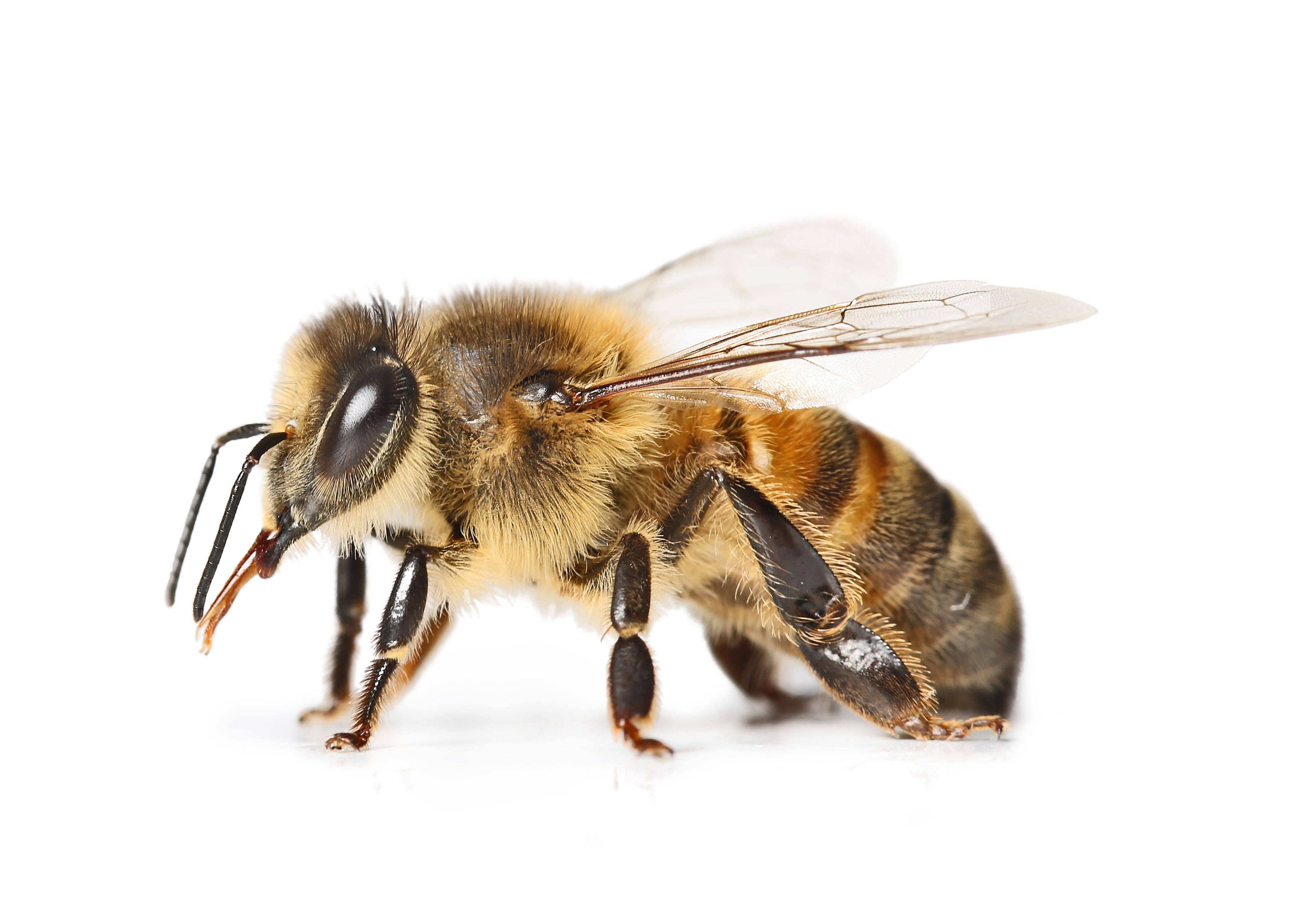I’ll admit I’m not a fan of any sort of flying insects, Mosquitos, Gnats, Boxelders, those pesky Hornets and Wasps. The list goes on and Bees certainly haven’t been an exception. I always heard that Bees can only fly as fast as you can run—do they know how old I am and how I don’t run as fast as I used to - so that must be an old wives’ tale or something. But seriously, doing the research for this article I found a lot of interesting facts about Bees and they maybe aren’t as scary as I once thought.
There is so much more to Bees!
Here are some interesting facts, and maybe you will become friends with a bee or two, if like me, you weren’t before.
During chillier seasons, worker bees can live for nine months. But in the summer, they rarely last longer than six weeks—they literally work themselves to death.
Bees are hardwired to do certain jobs—Scout bees, which search for new sources of food, are wired for adventure. Soldier bees work as security guards their whole life. One percent of all middle-aged bees become undertakers—a genetic brain pattern compels them to remove dead bees from the hive. When aging bees do jobs usually reserved for younger members, their brain stops aging. In fact, their brain ages in reverse! That sounds so crazy!
They’re job creators—Americans consume about 285 million pounds of honey each year. On top of that, the U.S. Department of Agriculture estimates that honeybees pollinate 80 percent of the country’s insect crops—meaning bees pollinate over $20 billion worth of crops each year.
Bees are not aggressive. One of the biggest worries people have about bees is being stung, However, according to Dr. Marla Spivak at the University of Minnesota, “bees are not aggressive. Most bees normally can care less about you, it’s very difficult to actually get stung by most bees. Honeybees and bumblebees may become aggressive if you approach their hive or colony because they will attempt to protect it, but unless they are provoked, most bees will leave you alone.”
In their 6-8 week lifespan, a worker bee will fly the equivalent distance of 1 ½ times the circumference of the Earth. Honeybees beat their wings 200 times per second, creating their trademark “buzz”.
A single bee will produce only about 1/12 of a teaspoon of honey in its lifetime. Honey is 25% sweeter than table sugar. And honey is the only foodstuff that contains all the necessary nutrients to sustain life. The darker the honey, the greater amount of antioxidant properties it has. A single ounce of honey could fuel a honeybee’s flight all the way around the world.
In the United States, more than 300 different kinds of honey are produced every year. The variety in color and flavor is determined by the types of flowers from which the bees collect nectar.
Hives produce 5 distinct substances: honey, beeswax, propolis, pollen, and royal jelly.

Bees....Honey isn't the only thing they make